On September 13, the Supreme Court of India granted bail to Delhi Chief Minister and Aam Aadmi Party (AAP) leader, Arvind Kejriwal, in a corruption case linked to the alleged Delhi excise policy scam. The case, investigated by the Central Bureau of Investigation (CBI), has been a significant point of contention for months. A bench headed by Justice Surya Kant delivered the verdict, with Justice Ujjal Bhuyan also part of the panel.
Background of the Case:
Kejriwal faced charges in connection with the alleged corruption in the Delhi government’s 2021-22 excise policy. Both the CBI and the Enforcement Directorate (ED) have accused him of irregularities in modifying the policy and giving undue benefits to certain license holders. The excise policy, which has now been scrapped, allegedly involved financial malpractices, leading to the current legal battle.
The Supreme Court ruling came after Kejriwal had filed two petitions – one challenging his arrest by the CBI, and another against the denial of bail in the corruption case. While the court granted him bail, it upheld the validity of his arrest by the CBI.
What Did the Supreme Court Say?
The court’s decision sparked attention, particularly because of its comments regarding the timing of Kejriwal’s arrest. Justice Ujjal Bhuyan questioned the urgency shown by the CBI, pointing out that Kejriwal had not been arrested for 22 months and was only taken into custody when he was on the verge of getting bail in a related Enforcement Directorate (ED) case.
Justice Bhuyan said, “We fail to understand the hurry of the CBI to arrest Kejriwal after so long, especially when the ED case was near conclusion.”
Despite this, the court found that the arrest did not suffer from any procedural flaws. “We have held that the appellant’s arrest does not suffer from any procedural flaw. Thus, the arrest is valid,” the Court ruled.
Delhi Excise Policy Case Details:
The case relates to the alleged corruption in the formulation and execution of the Delhi government’s 2021-22 excise policy. Both the CBI and the ED claim that illegal modifications were made to the policy to favour specific liquor license holders. Kejriwal was arrested by the CBI on June 26, 2023, in connection with the case.
The Delhi High Court had previously denied him bail, ruling on August 5 that his arrest was justified and based on collected evidence. Kejriwal’s legal team challenged this decision in the Supreme Court, arguing that the arrest was without sufficient cause.
Enforcement Directorate’s Involvement:
In addition to the CBI investigation, the ED has filed a separate money laundering case related to the excise policy scam. Kejriwal was granted interim bail in this case on July 12, 2023, but the ED’s investigation is ongoing.
The Supreme Court is set to examine key questions regarding the “need and necessity of arrest” under the Prevention of Money Laundering Act (PMLA). These questions will be referred to a larger bench for more comprehensive consideration.
Conclusion:
While the Supreme Court has granted bail to Arvind Kejriwal in the CBI-led corruption case, his legal troubles are far from over. The ED’s money laundering investigation continues, and the top court has yet to address larger legal questions about the arrests in such cases.
Kejriwal, who vehemently opposed the CBI’s arguments during the Supreme Court proceedings, will likely continue to fight the charges in court. For now, the decision offers him some relief, though the road ahead remains uncertain.
Update
Arvind Kejriwal will resign as Delhi’s Chief Minister in two days. He announced that he will not sit on the CM’s chair until the people give their verdict.
Bringing you the latest updates on finance, economies, stocks, bonds, and more. Stay informed with timely insights.
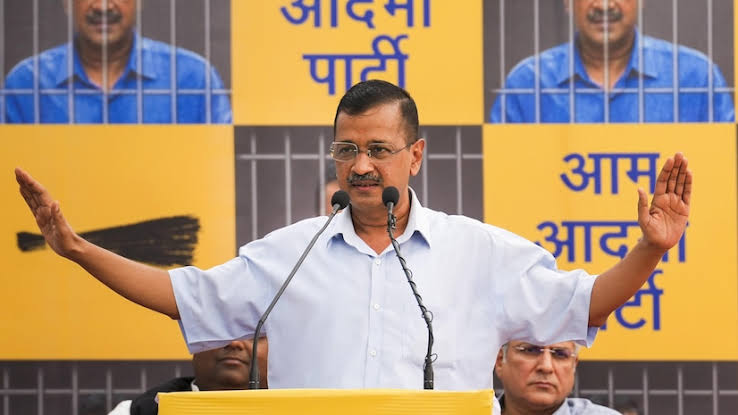
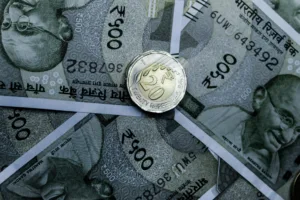
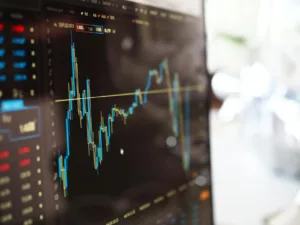
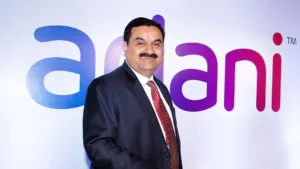
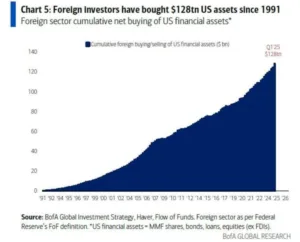

Be First to Comment